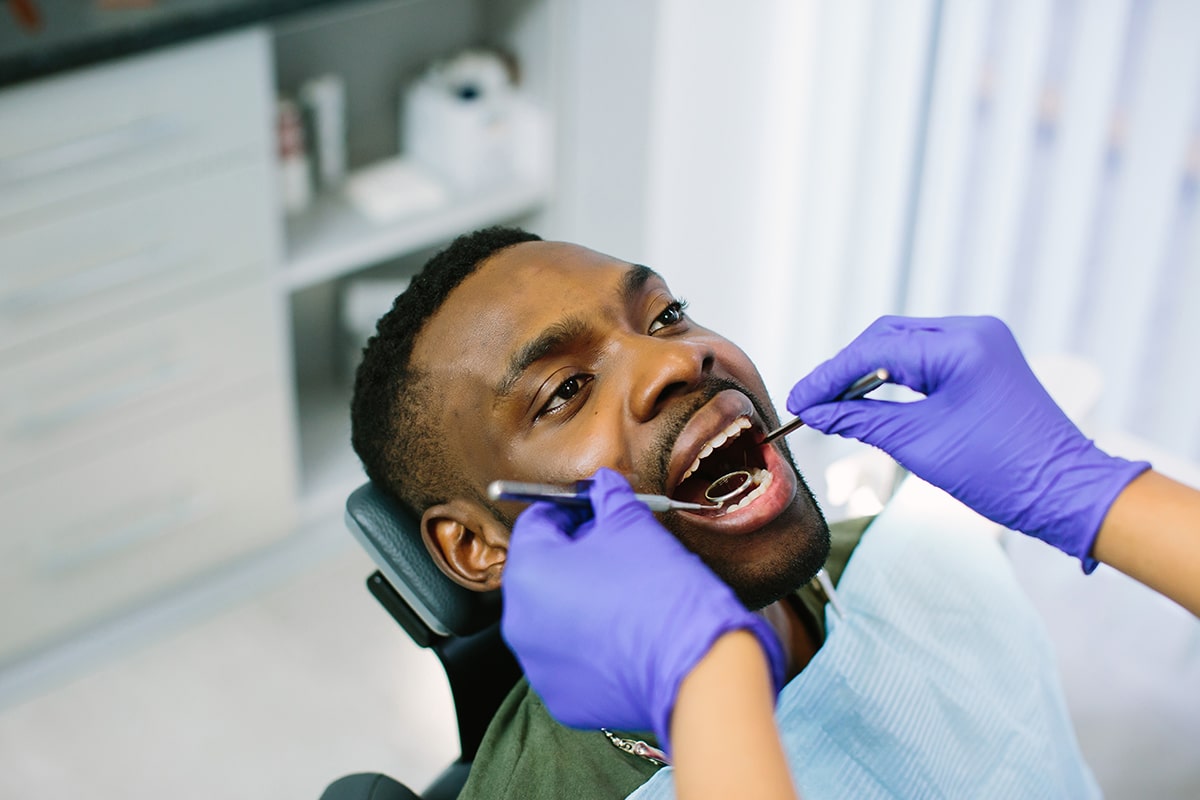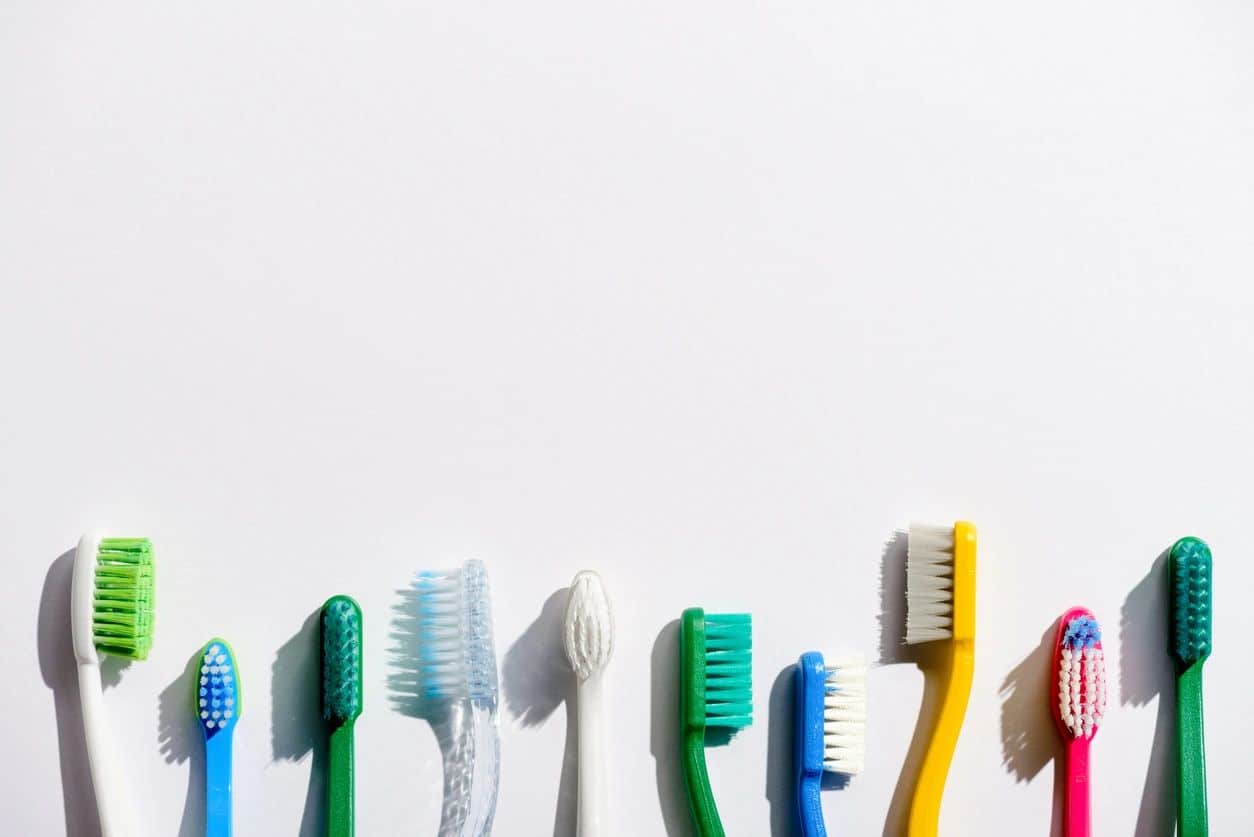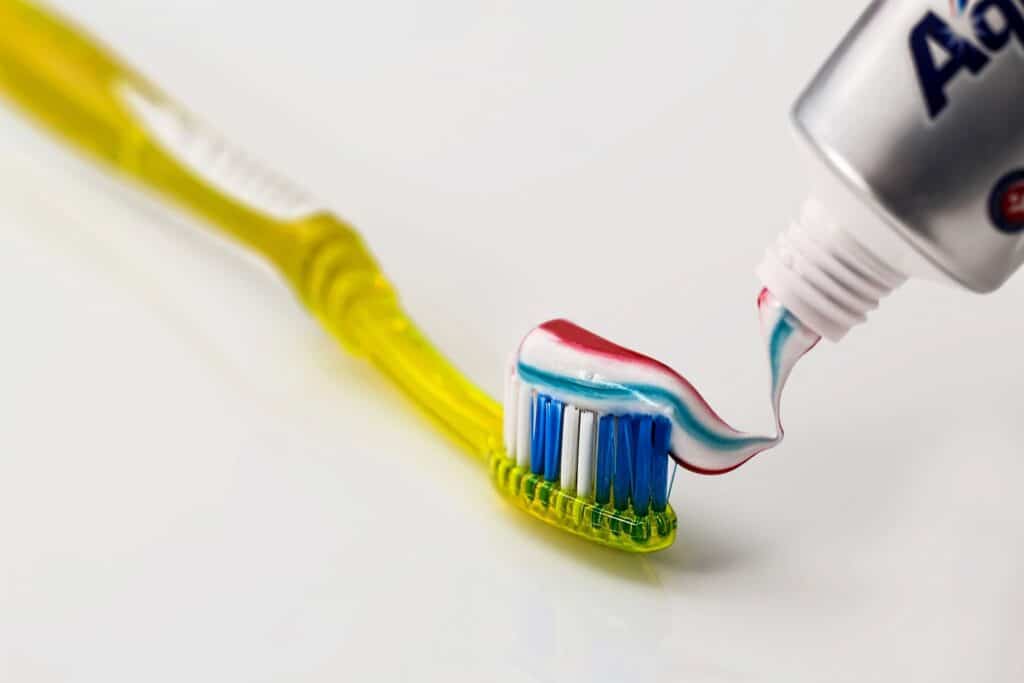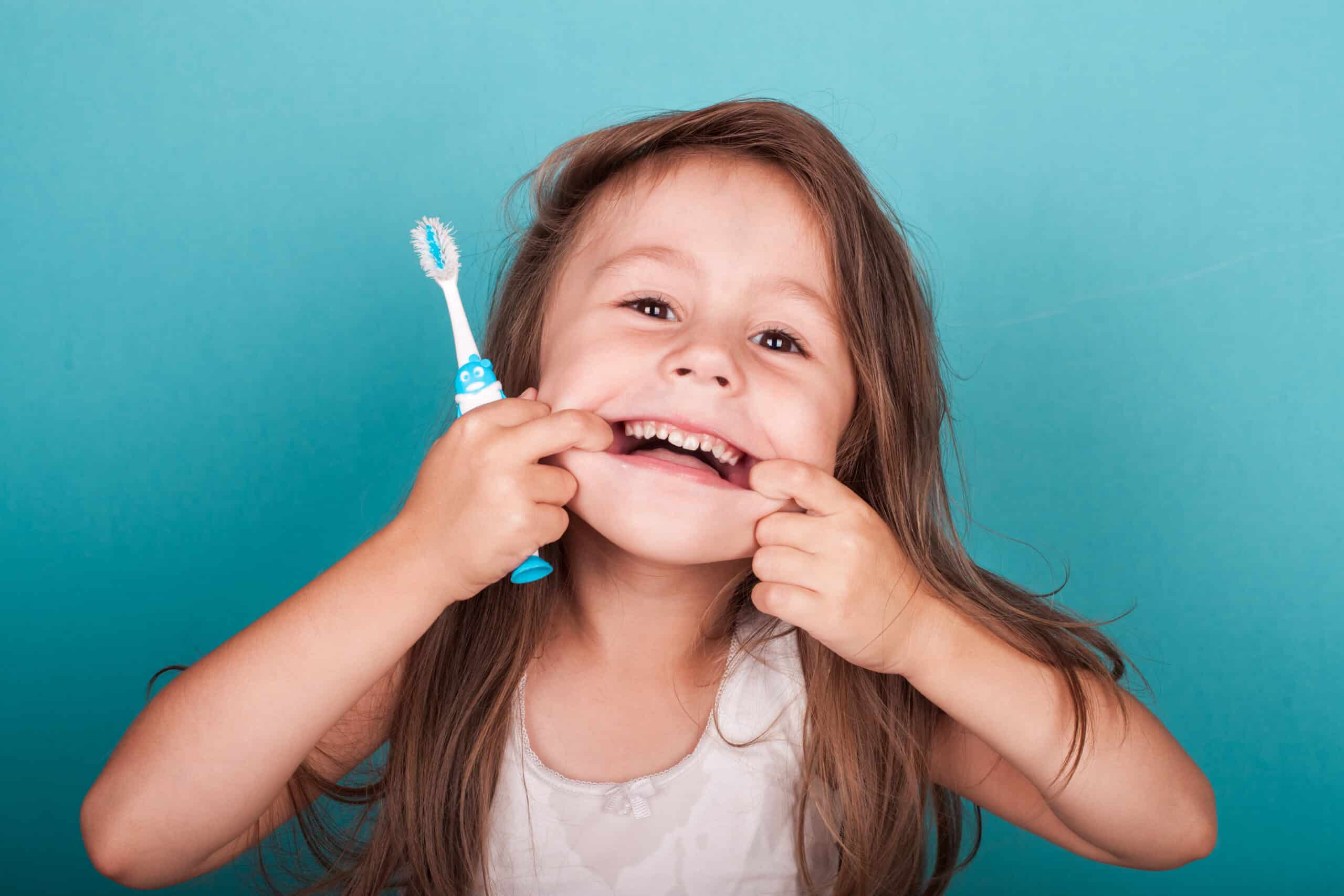There’s a lot to consider when you’re an expecting mother and a lot of questions that are going to come up too. When it comes to pregnancy and dental care, there are probably some concerns you have, but there’s no need to worry! Our team is here to guide you through your questions and provide you with the best dental care possible through your pregnancy.
First things first, routine dental care during pregnancy is safe! The American Congress of Obstetricians and Gynecologists, the American Dental Association, and the American Academy of Pediatrics all encourage women to keep receiving routine dental care from their dentist while pregnant. Here are our top tips if when it comes to your oral health during pregnancy
Tell your dentist you’re pregnant!
This is the most important part. Your dentist can evaluate your situation on a case by case basis and make sure your next steps and treatment options are the healthiest option for you and your baby.
Postpone any elective procedures until you deliver
Urgent and emergency dental procedures are okay, but any voluntary procedures should be delayed until you’re no longer pregnant. The risks associated with ignoring an infection during pregnancy can be worse than any side effects that come with medications used during dental treatment.
Tell your dentist about medications or vitamins you’re taking.
Though it’s uncommon for this to affect your dental treatment plans, the dentist may need to adjust your treatment plan accordingly depending on any medications or vitamins you may be taking during pregnancy.
The second trimester is the best time for dental care!
Most of your baby’s vital organs are developed and risks are typically lower, but you shouldn’t experience as much discomfort in the dental chair or during procedures that you may during the third trimester.
Pay special attention to your regular oral care routine
In some cases, pregnancy hormones may increase the risk of gum disease and severe morning sickness or acid reflux that some experience during pregnancy can lead to acid erosion, loss of enamel, and cavities. As always, healthy brushing and flossing habits are important to stay on top of your oral health!
In a nutshell, there’s not much cause for concern when it comes to balancing your oral health care during your pregnancy. Routine dental care does not pose a risk, and when in doubt, your dentist can walk you through any specific circumstances!
During your next visit to our Carlisle dental office, make sure to notify your doctor if you’re pregnant and they can help you with any dental or oral health treatment concerns you may have during your pregnancy.
To schedule your next appointment call us today at 717.243.9020 or request an appointment online!
Want more infomation?
Check out this week-by-week resource with some specific answers that might help you out! https://www.mayoclinic.org/healthy-lifestyle/pregnancy-week-by-week/expert-answers/dental-work-during-pregnancy/faq-20119318


